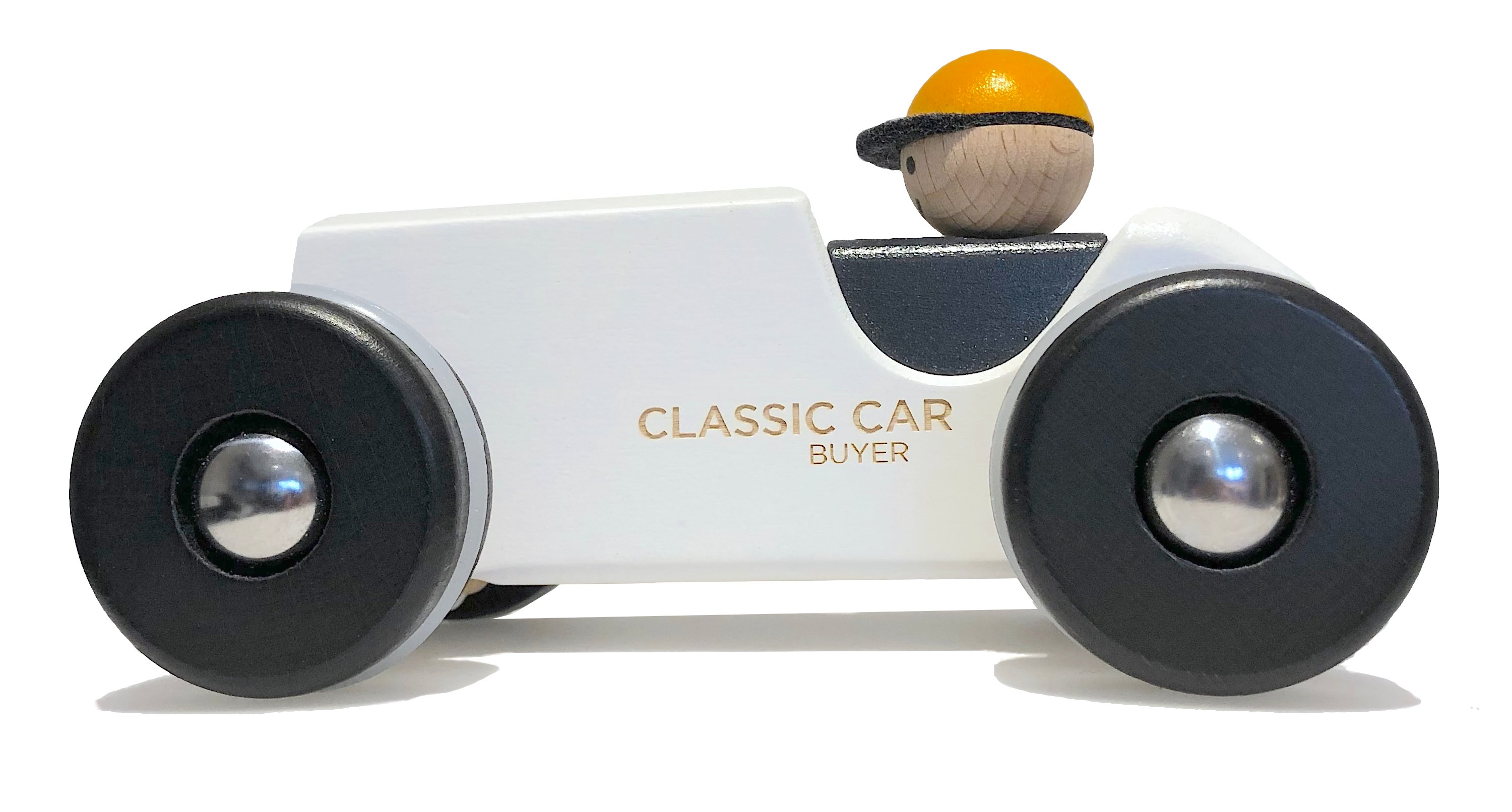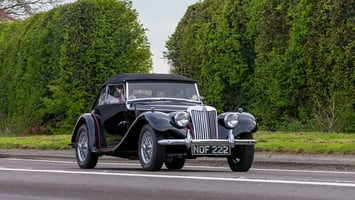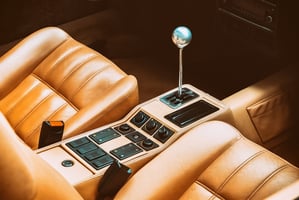Thanks to your amazing response, we've created a dedicated website to help you explore Britain's...
Owning a classic car is not just about the nostalgia and the ability to acquire a renowned piece of the past; it’s also a labour of love which takes a bit of dedication. These vintage beauties require special care and attention to keep them both running smoothly and looking their best. In this blog post, we’ll explore essential classic car maintenance tips to help owners preserve the timeless elegance of their cherished vehicles and keep them on the road.
1. Regular Inspections
Regular inspections are the cornerstone of classic car maintenance. Check for rust, leaks and any signs of wear or damage. Paintwork can erode from being exposed to the elements and older vehicles are generally more susceptible to rust, especially if non-reactive coatings were not used on the paintwork. Pay close attention to the body, the frame and the undercarriage. A rust spot ignored today can lead to major problems down the road.
2. Oil Changes
Classic cars often have older engines that need more frequent oil changes. Consult your car’s manual for the recommended interval, and be sure to use the right type of oil. Regular oil changes are vital to keep the engine running smoothly.
3. Lubrication
Proper lubrication of moving parts is crucial. Grease fittings, bushings, and suspension components should be well-lubricated to prevent wear and maintain a smooth ride.
4. Tyre Care
Maintain the correct tyre pressure and inspect your tyres for signs of cracking or wear. Classic cars sometimes have bias ply tyres that need special attention. Rotating your tyres regularly can also extend their lifespan.
5. Brake Maintenance
Classic car brakes may not have the stopping power of modern ones. Ensure your brake system is in top condition by regularly inspecting the brake pads, brake lines and master cylinder. Ultimately, upgrading to modern brake discs can improve safety and performance.
6. Cooling System
The cooling system is crucial to prevent overheating. Check for leaks, and maintain the proper coolant level. Classic cars often benefit from having aluminium radiators, which provide better cooling efficiency.
7. Electrical System
Classic cars can have finicky electrical systems. Regularly inspect and clean the battery terminals, check all wiring for damage, and ensure that lights, gauges, and switches are in good working order.
8. Fuel System
Classic cars may suffer from carburettor issues, clogged fuel filters, and fuel system corrosion. Regularly clean and inspect the carburettor and replace the fuel filter as needed. Consider switching to an electronic ignition system for improved reliability.
9. Suitable Storage
When storing your classic car, try to make sure it’s in a dry, climate-controlled environment. Use a high-quality car cover to protect it from dust and debris. If you are not regularly driving the car, starting the engine periodically can prevent seals and gaskets from drying out.
10. Documentation
Keep records of the maintenance and repairs that are carried out. This not only helps you stay on top of maintenance and the intended intervals, but also adds value if you decide to sell your classic car in the future.
Owning a classic car is a rewarding experience, but it does come with responsibilities. Proper maintenance is key to preserving the beauty and performance of these wonderful vehicles. By following these classic car maintenance tips, you can ensure that your vintage car remains a head-turning classic for many years to come.








